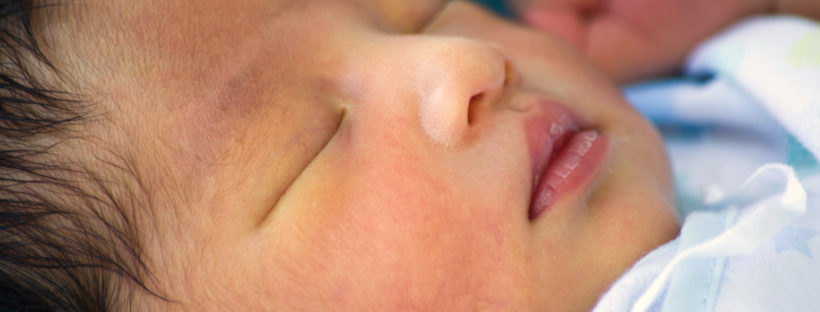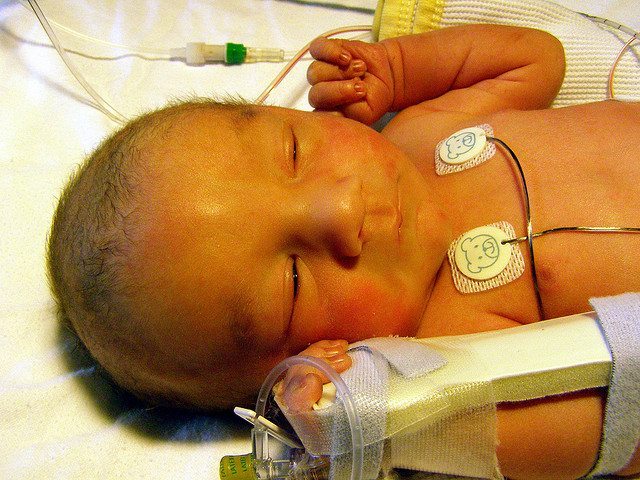Dear Fed Is Best Foundation,
Thank you for everything that you do! Your organization has made me feel so much better about my situation and personal needs. I did have a question for you though, although I should probably explain my situation first. My daughter is now 14 months old. When I was pregnant with her, I had preeclampsia from about 28 weeks onward. I had to take maternity leave eleven weeks sooner than planned because my job as a full-time middle school substitute teacher was too stressful on my blood pressure. I went to the hospital at 37 weeks with a blood pressure of 177/100, and they decided to induce me. After 45+ hrs of labor, followed by an emergency c-section, Clara was born three weeks early.





